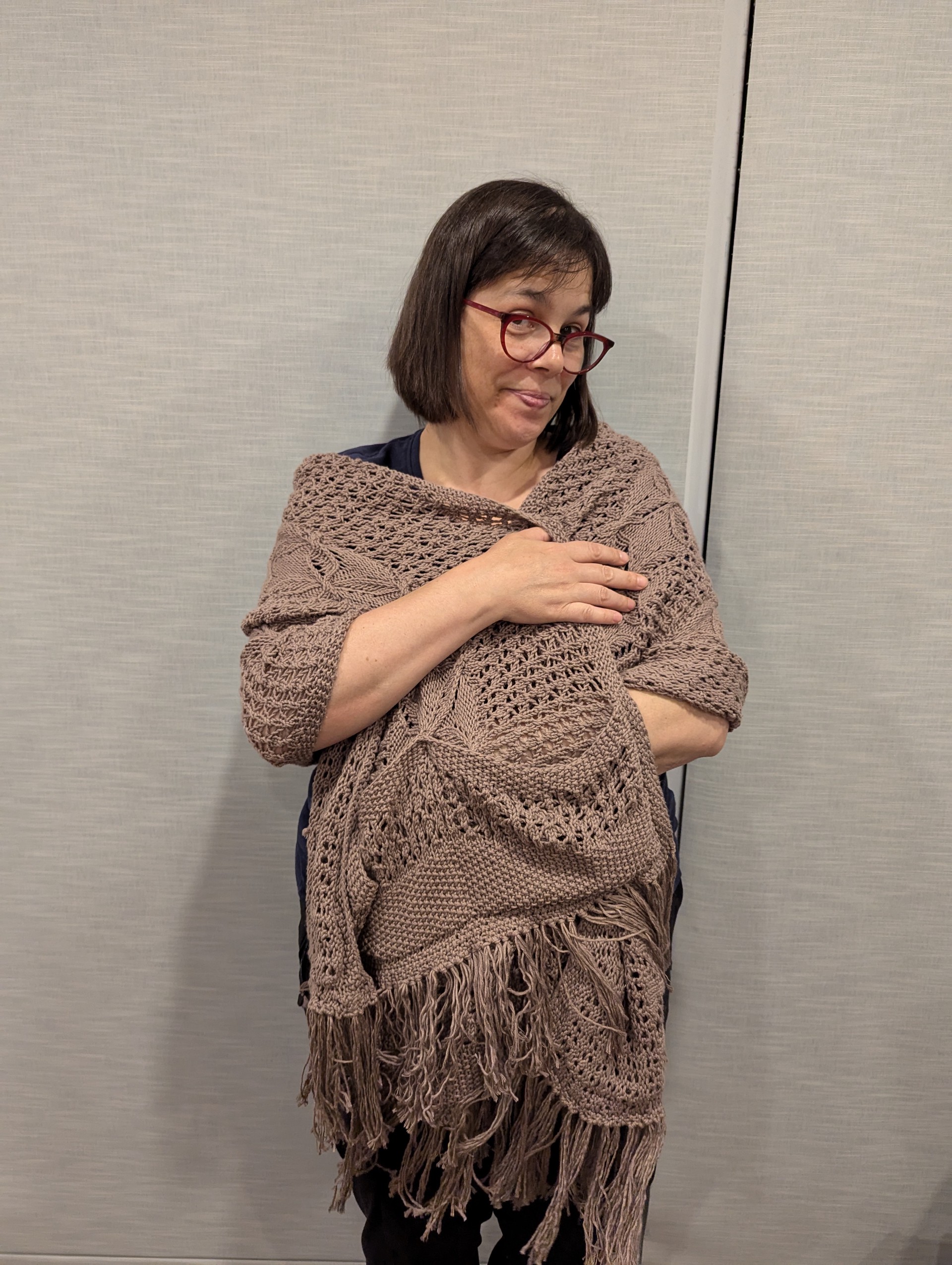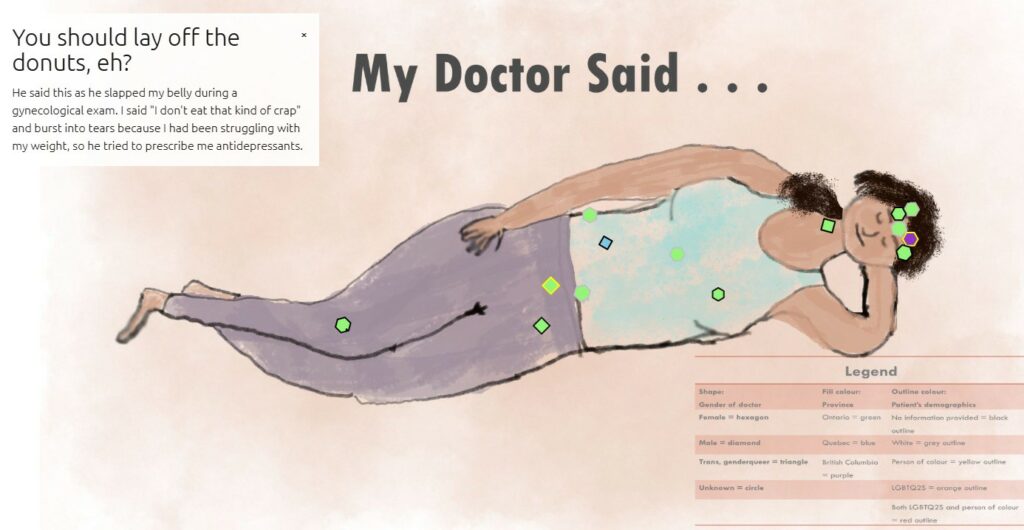Three questions with… Margaret!
Our lab is growing! In our Three Questions series, we’re profiling each of our members and the amazing work they’re doing.
This post introduces Margaret Rose, research assistant at the ScholCommLab. In this interview, Margaret offers a glimpse into some of her inspiring projects and reflects on a piece of advice from her brother that has guided her for nearly 30 years.

Q#1 What are you working on at the lab?
I’m working on the ROARA project as a research assistant, helping to update and expand the dataset of APC prices from archived journal websites. This work is really valuable because researchers will be able to use the dataset to figure out patterns in publisher habits and the flow of money in the academic publishing industry. This kind of data is vital to support the push for open access publishing, and I’m glad to be part of the project.
Q#2 Tell us about a recent paper, presentation, or project you’re proud of.
My work in my Master of Information Studies (MIS) courses at uOttawa has been really varied, which is fun. I’ve especially enjoyed hands-on projects working with data in different ways, such as the one we did in Dr. Stefanie Haustein’s Knowledge Organization class to examine the structure and organization of OpenAlex concepts that are part of its machine indexing system.
I think the project I’m most proud of is the data art piece I created called “My Doctor Said…” for the Big Data, Culture and Society course with Dr. Jada Watson. The artwork features anonymized first-person stories collected from Canadian women mapped as pop-ups over a drawing of a woman’s body. This was paired with a research essay on the medical treatment of women. Working on this project allowed me to try out some data collection and visualization tools in a creative way. I’m currently developing it into an Omeka exhibit so it can be shared. I should really get on that to get it finished!

Q#3 What’s the best (or worst) piece of advice you’ve ever received?
“You don’t need to figure out what you want to be when you grow up – lots of people never do. Just figure out what you want to do next.” My older brother said this to me when I was fussing about my lack of direction about 30 years ago. I still don’t have much sense of direction, but I’m always finding interesting things to do next.
DOI: https://doi.org/10.59350/scholcommlab.5435